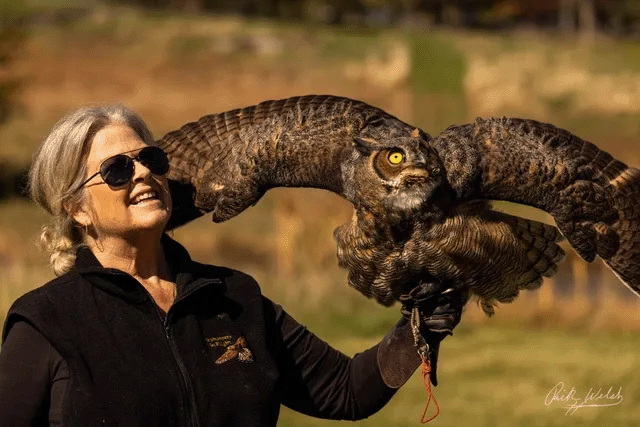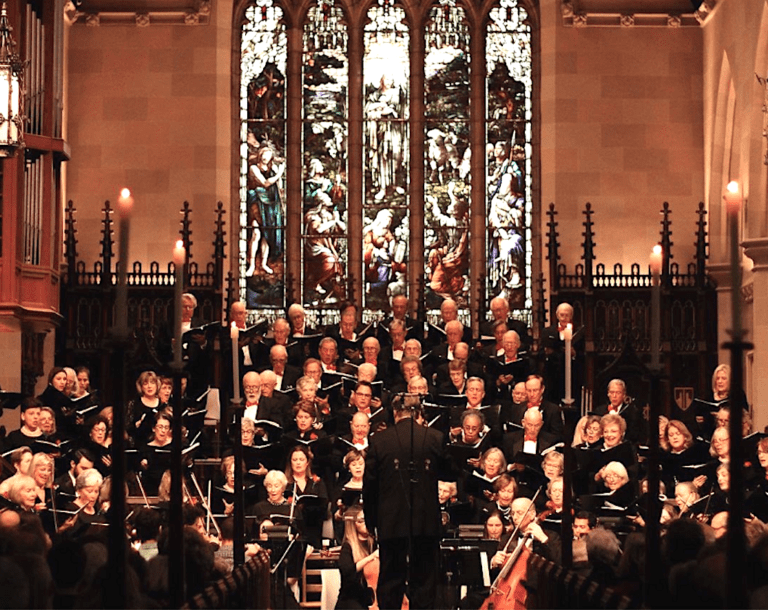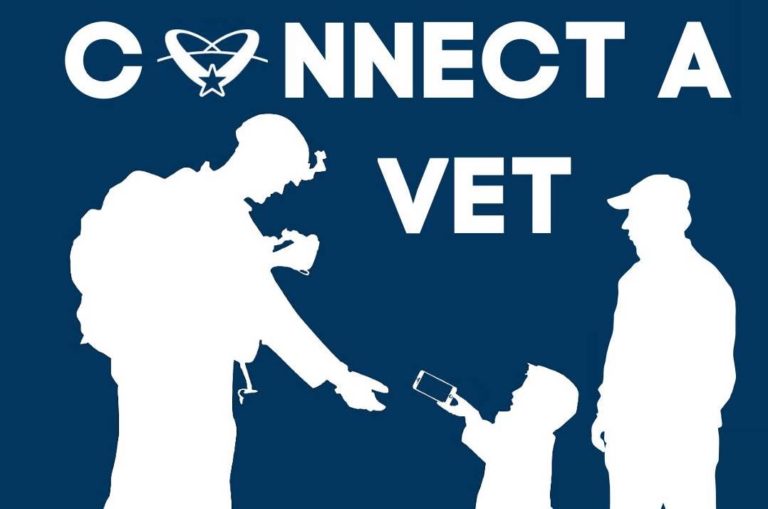By Jake Kircher
“Millions of years of evolution have designed us to live and think as community members. Within a mere two centuries we have become alienated individuals.”
– Sapiens: A Brief History of Humankind by Yuval Noah Harari
Thanks to technology, humans are more connected than ever before in the history of the world. Yet at the same time, loneliness is a common trait felt by many that suggests we aren’t really as connected as we might think. The ways that we work, connect with others and even practice our faith has socially evolved from being dependent on family, tribes and villages to instead the pursuit of independence built mostly around the access to a global market and the ability to take care of one’s self. As author Yuval Noah Harari points out, we “are defined above all by what [we] consume.”
We have bought into the myth that everything we need can be purchased: health, faith, safety, sustenance, happiness, everything. More and more, even purchasing the things we feel we need in our lives doesn’t require a person because of the growing number of self-checkout registers at stores and Amazon Prime. It’s no wonder we live in a time where we have more access to others than ever before and yet feel so alone…
If we’re honest, even the relationships that we do have tend to be determined around what we get out of it as opposed to any sense of community. Think about all the things we’re not supposed to talk about in our culture: politics, religion, money, our dark sides, “bad” emotions, etc. We don’t talk about them because they, we have deemed, are all “individual” or “personal” issues. Honestly, to help avoid those kinds of uncomfortable conversations, we spend time finding and building communities that contain others who think and feel mostly the same way we do. And as soon as someone deviates, one of two things usually happen:
1. We separate from that person by either pushing them out of the community or we leave the community to find another that will simply support and hold up what we have determined to be true.
2. We confront the person and place the emphasis on “converting” the other to adopt the view that we have deemed to be “right”.
No one wins when we live like that. We end up with hundreds (if not thousands) of “friends” on social media but find ourselves wrestling with loneliness because we don’t feel known. We buy and consume more, because if we just have X, maybe the feeling will go away. At some point, we need to understand that money can’t buy deep and meaningful relationships. Simply put, the pursuit of independence always lands in the same place where the Divine declares “it’s not good for the human to be alone” (see Genesis 2:18).
In reality, independence is nothing more than a myth that we tell ourselves. As independent as you may feel you are, there are numerous people behind almost every single thing that you could choose to do today. How many people were involved with designing, sewing, shipping, stocking and selling the clothes you have on right now? What about your cup of coffee? How many people were involved with picking the beans, shipping them, roasting them, designing your coffee maker and making the mug you are drinking out of?
Take a moment and think about all the things you did (or will do) today, and then ask yourself this same question: how many people were involved in making each moment possible? Think about the diversity of those who were involved in making you “independent”.
Rather than continuing to pursue the myth of independence, what would it look like to instead go about your day being conscious of your need for other people?
What would it mean to appreciate those who are different than you and acknowledge that we all need one another?
How would your life be different if you aimed to show gratitude to those who make everything in your life possible?
The fact is, though technology makes us think we can be independent, we are actually impacted by easily hundreds of people before we even leave our home in the morning. If we can change our perspective and attitude about the need we all have of others, and specifically those who are different than us, this will in turn impact our relationships and lead us to richer and more meaningful lives.
Jake Kircher is Associate Pastor at Trinity Church




